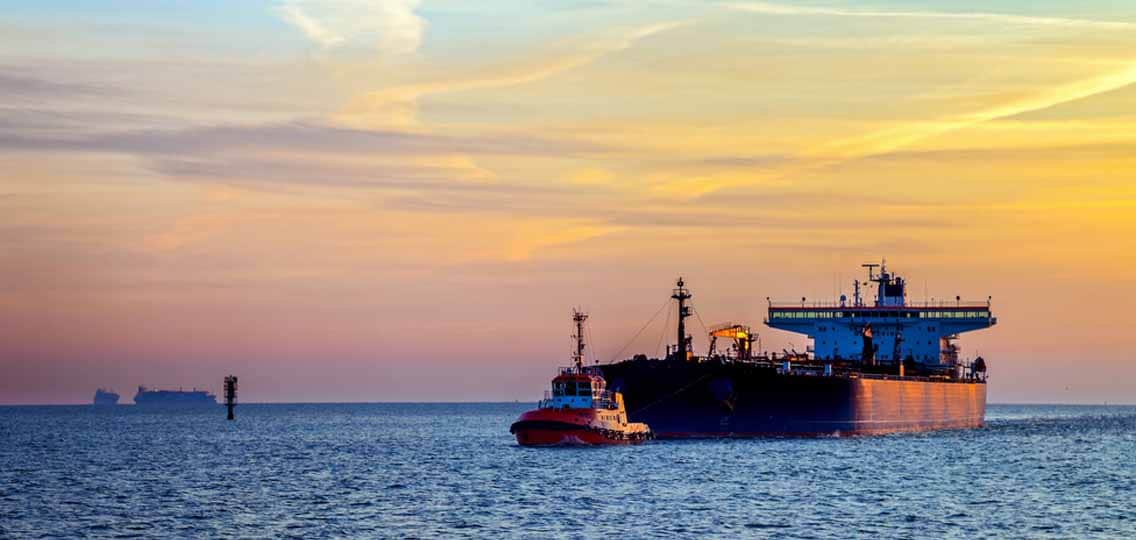Hearing continues today on Enbridge’s Northern Gateway pipeline project
VANCOUVER – Environmental groups are in court today making the case for why the federal government’s approval of Enbridge’s Northern Gateway pipeline should be revoked.
“There’s too much at stake to let the Panel’s flawed report be the final word on Northern Gateway,” said Ecojustice lawyer Karen Campbell. “The federal government should never have given this project the go-ahead, and our clients will be asking the Court to overturn the approval of this risky project.”
Among the issues that the groups will present to the court are that the project’s Joint Review Panel:
- Failed to comply with the Species at Risk Act with respect to humpback whales.
- Failed to properly assess how bitumen reacts in the marine environment.
- Failed to balance consideration of Northern Gateway’s economic benefits and environment impacts.
Enbridge’s Northern Gateway pipeline would stretch across 1,177 km and cut across many First Nations territories in order to transport bitumen from Alberta’s tar sands to British Columbia’s coastline. Eighteen lawsuits have been filed against the project, all of which have been consolidated into one historic hearing that began October 1st and runs until October 8th.
Client statements:
Chris Genovali, executive director of Raincoast Conservation Foundation said:
“The Panel’s failure to comply with the federal Species at Risk Act must be remedied. The risks to humpback whales, as well as other species, from this project are well-documented and very real.”
Karen Wristen, executive director of Living Oceans Society said:
“The fact that dilbit will float for only a very short time following a spill is a real worry: Once submerged, it may be invisible to responders. If the spill can’t be tracked, it can’t be confined or picked up by any known technology. It ends up polluting the entire water column, shorelines and all of the associated flora and fauna.”
Karen Mahon, director of ForestEthics Advocacy said:
“One of the big issues of concern is the environmental impact of tar sands development. It was an error for the Panel to consider upstream benefits while at the same time saying it wouldn’t look at upstream impacts. The environmental impacts of the tar sands should not have been ignored.”

